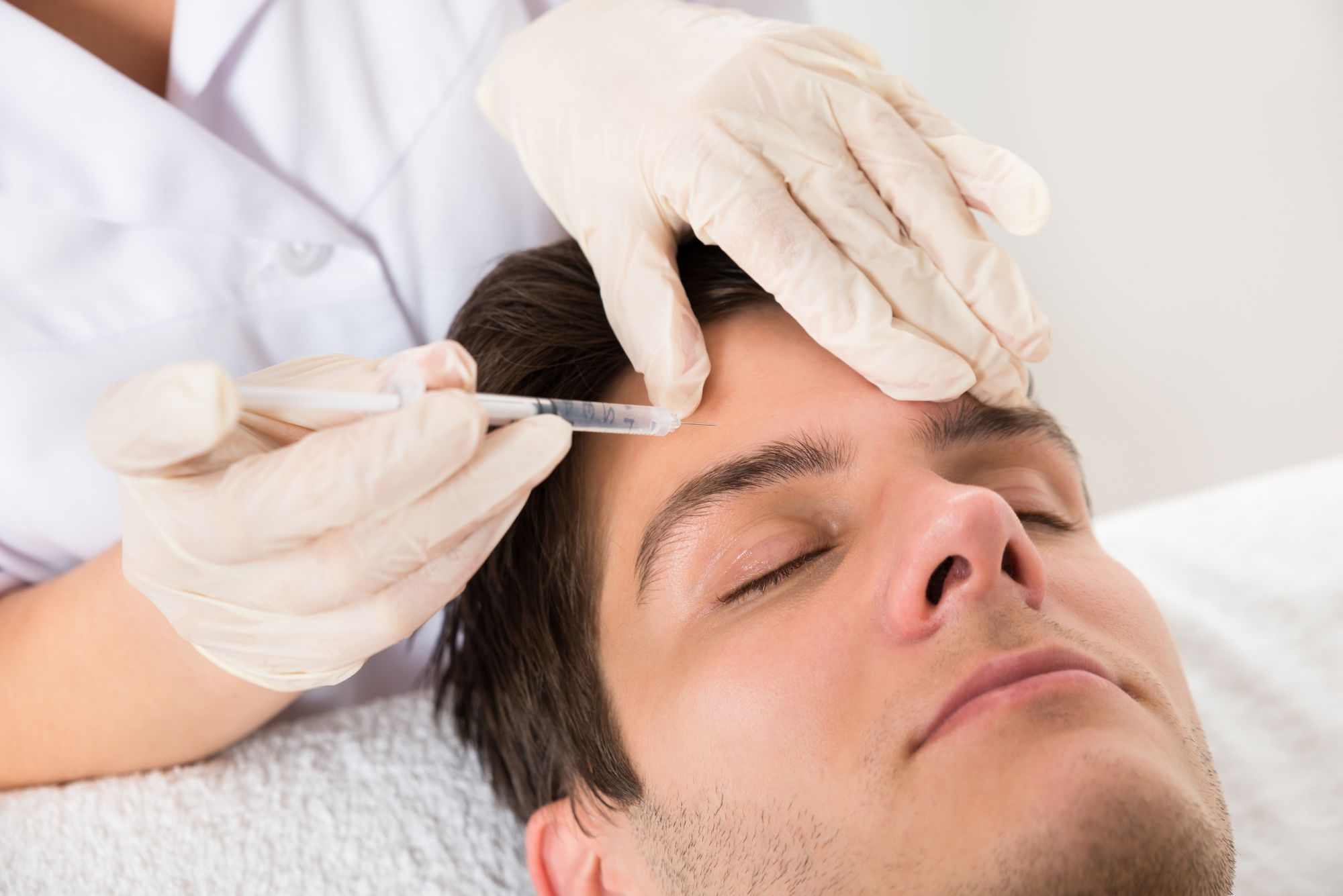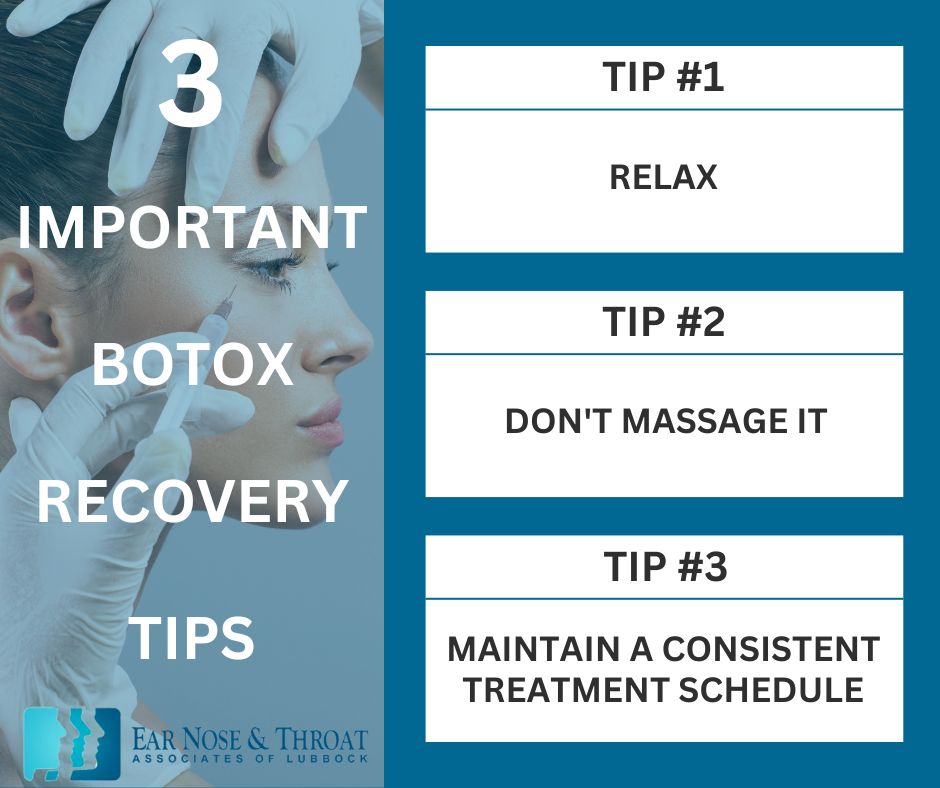Myth vs. Fact: Can You Lie Down After Botox?

Just about everyone has heard of Botox, and for a good reason. This non-invasive procedure gives you a younger, brighter-looking face almost instantly. And since Botox is temporary, you can tweak your treatments over time until you achieve your desired results. What’s not to love?
While Botox is popular and effective, some common misconceptions might leave you questioning whether it’s right for you. Today, we’re analyzing one such myth: whether you can lie down after Botox, and how long after Botox you can lie down.
Can You Lie Down After Botox?
Yes, you can lie down after you receive Botox.
Many people worry that if you lay their head down after a Botox treatment, the injection will diffuse into the wrong part of the face and lead to poor results. Fortunately, that’s not how Botox works.
Once your doctor properly injects Botox into a specific area of your face, it will stay there unless you heavily massage it out. Botox is injected into solid muscle tissue, meaning gravity has no effect on it. As long as you don’t massage or push on the treated areas, you won’t move the Botox.
Other Botox Myths Debunked
If you’re considering Botox treatment, you’ve probably heard many Botox myths, including the lying down after Botox myth. Quite a few of these stem from general misunderstandings about how Botox works, but we’re here to clarify what is and isn’t true.
Myth: Botox Is Painful
Some people assume Botox is painful because the treatment involves a needle. We’re happy to reassure you that this is completely false.
When delivered properly, Botox injections cause very minimal discomfort. The needles are tiny, and an experienced ENT doctor will work quickly to complete the treatment. In fact, many people receive their Botox treatment on their lunch break and head right back to work with no recovery time needed!
Myth: Botox Causes Permanent Facial Paralysis
Botox doesn’t freeze your face. Instead, it simply weakens the muscle movements in whatever areas it’s applied to.
When injected correctly, your results will appear natural, and unlike with some extreme plastic surgeries, you won’t end up walking around with a permanent shocked expression on your face!

What Should I Do After Getting a Botox Treatment?
In order to experience the smoothest recovery possible, adhere to any tips or recommendations your doctor gives. These may include the following.
Recovery Tip #1: Relax
One of the best things about Botox is there’s virtually no recovery period. After you receive treatment, you can immediately continue with your day. No specific actions are needed. So you can relax!
Recovery Tip #2: Don’t Massage It
Hands off! Botox won’t spread to any non-injected areas unless you massage it or press on it. If you want to actively participate in your recovery in some way, simply use those muscles to help the Botox distribute itself. For example, you can wrinkle or raise your eyebrows repeatedly.
Recovery Tip #3: Maintain a Consistent Treatment Schedule
The best way to maintain long-lasting, desirable results is to continue with regularly scheduled Botox appointments. Botox weakens your muscles over time, so the more consistent you are, the longer your results will last. One of the easiest ways to do this is to schedule your next appointment before leaving the office after a Botox treatment.
Booking Your First Botox Treatment? Visit a Reputable ENT Doctor
Once you decide you’re ready for your first Botox treatment, consult with an experienced ENT doctor. The initial appointment is a great time to discuss your desired results and debunk common misconceptions, such as the lying down after Botox myth. Your doctor will be happy to help you achieve the facial appearance you’re after!
Dr. Cuthbertson is a physician at Ear Nose & Throat Associates of Lubbock. He joined the team at ENT Lubbock from Houston, where he was chief resident of the prestigious Bobby R. Alford Department of Otolaryngology at Baylor College of Medicine. He is board certified in Otolaryngology and Head & Neck Surgery and has quickly built a reputation, not only as an extremely skilled surgeon, but as an approachable and compassionate clinician adept in the newest standards and technologies. Learn more about Dr. Cuthbertson.
Categories:








